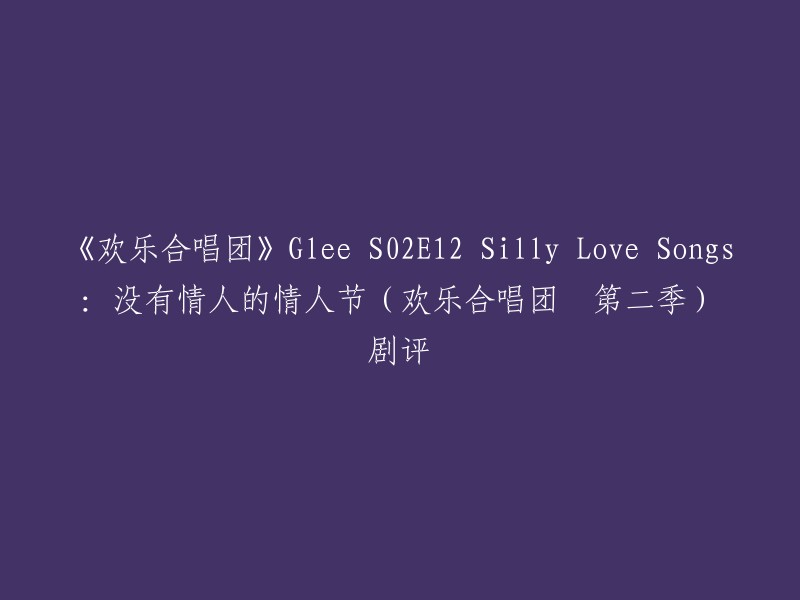以下是根据提供的内容重构的段落结构:
用作名词(n.):
- 男子在正式场合穿套装是一种社会习俗。
例如:It is the convention for men to wear suits on formal occasions.
- 他身着素灰色套装,看上去很有涵养,一副绅士派头。
例如:He was dressed in a quiet grey suit and looked very well bred and every inch a gentleman.
- 她对那所大学提出性别歧视的诉讼。
例如:She filed a suit against the college for sex discrimination.
- 我一点儿也知道这件诉讼案的事。
例如:I do not know the first thing about the law suit.
- 他撤回了他的诉讼。
例如:He discontinued a civil suit.
- 政府批准了这一少数民族申请自治的请求。
例如:The government granted the minority group's suit for autonomy.
用作动词(v.):
- 我不知道什么职业适合我干。
例如:I don't know what profession would suit me.
- 这件外衣不太适合你。
例如:The coat doesn't suit you.
- 如果我们两点钟见面,你方便吗?
例如:If we met at 2, would that suit you?
- 为了方便自己作了这样的安排--从她的角度来说在经济上是最划算的。
例如:Manhood made the arrangement to suit herself economically most desirable from her point of view.
The diversity of colour, pattern, and texture provided ensures that there is a product to suit every individual's preferences. This wide range of options allows for personalized choices in line with specific needs and tastes.
Furthermore, the flexibility of firewall configurations means that they can be easily modified to meet specific requirements. Users can add or remove bricks as necessary, or rearrange their order to achieve the desired outcome.
In conclusion, the extensive range of colours, patterns, and textures available makes it easy to find a product that meets everyone's unique needs and tastes. Additionally, the adaptable nature of firewall configurations means that users can tailor them to their specific requirements without any difficulty.






